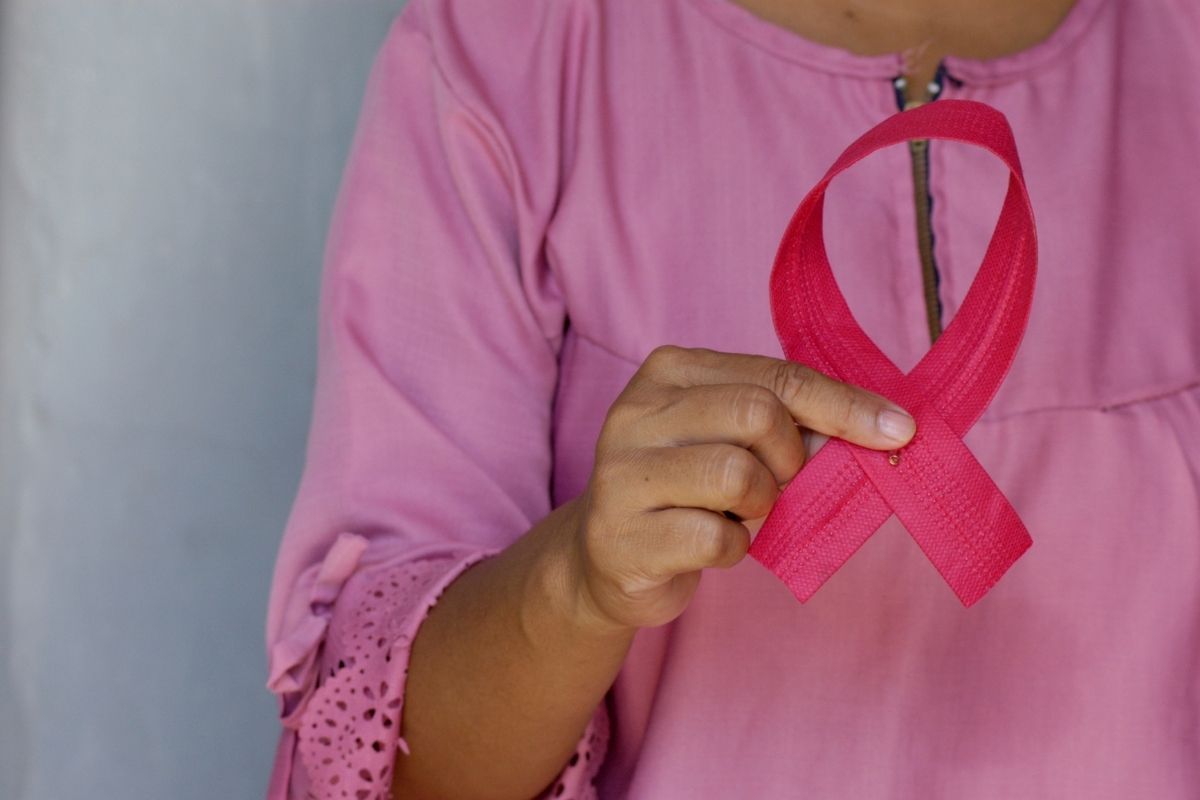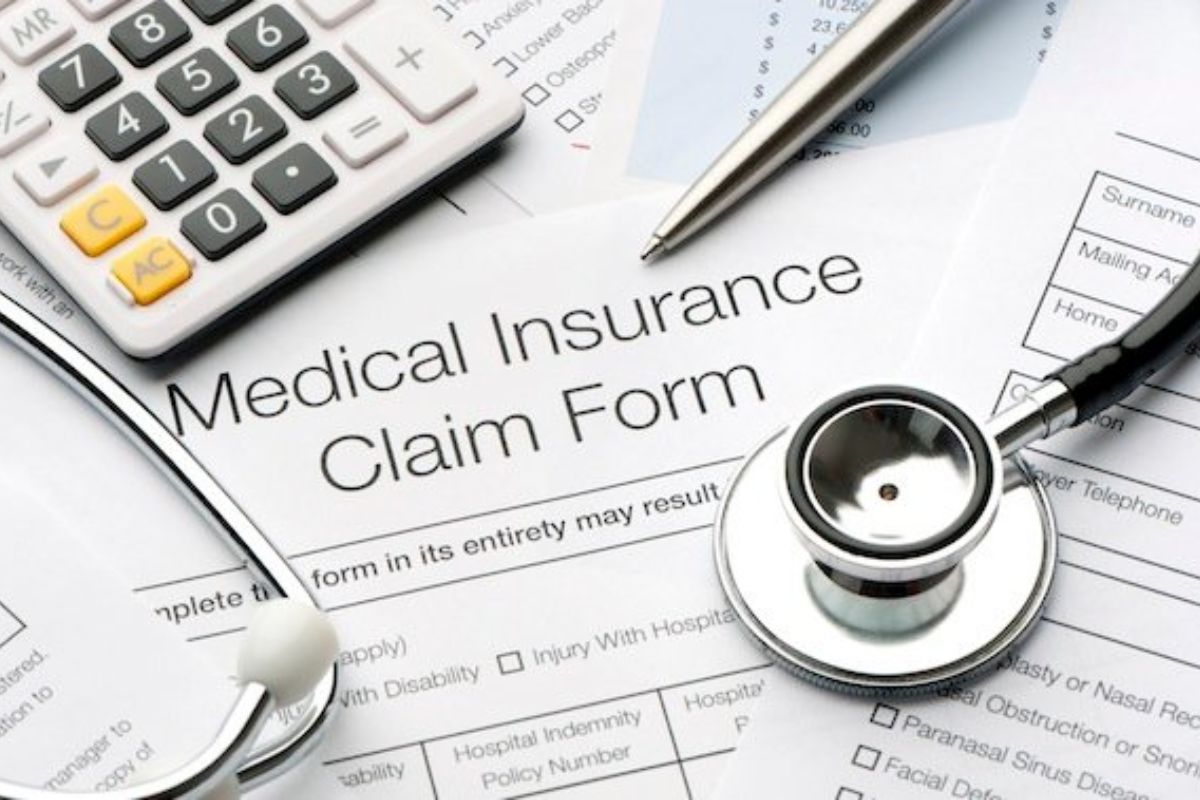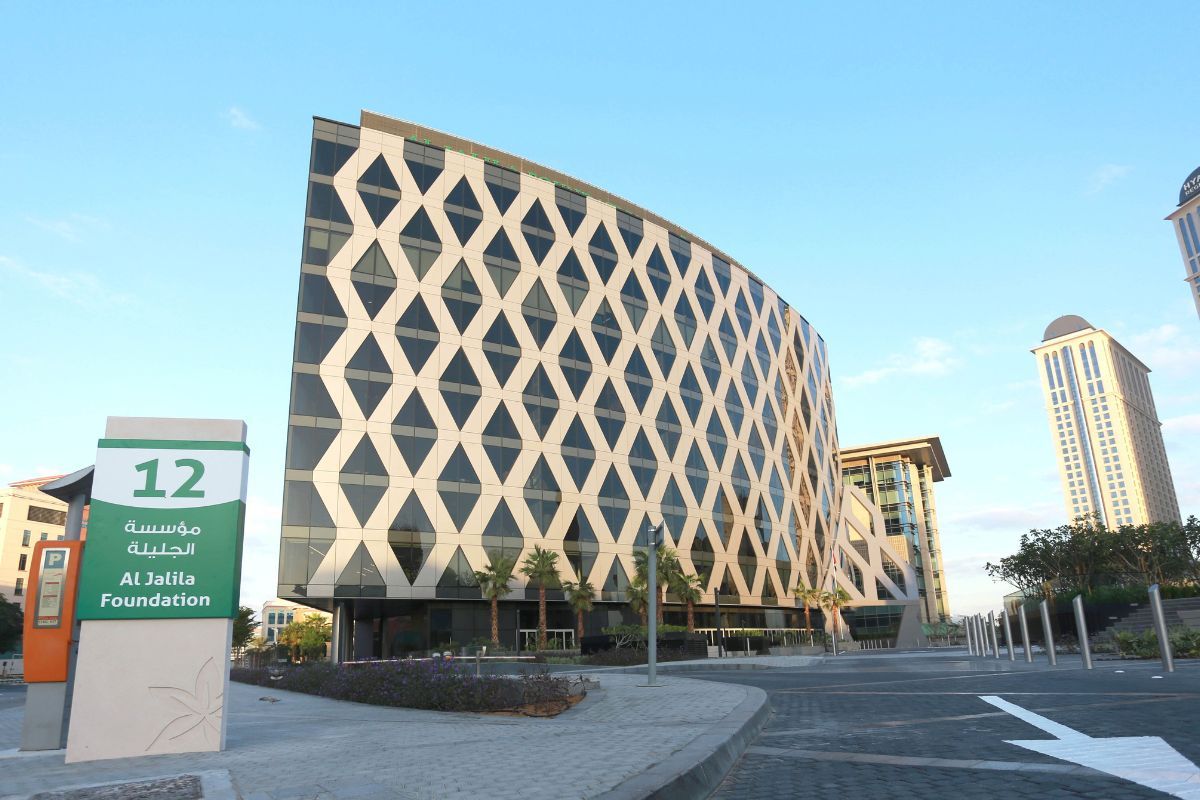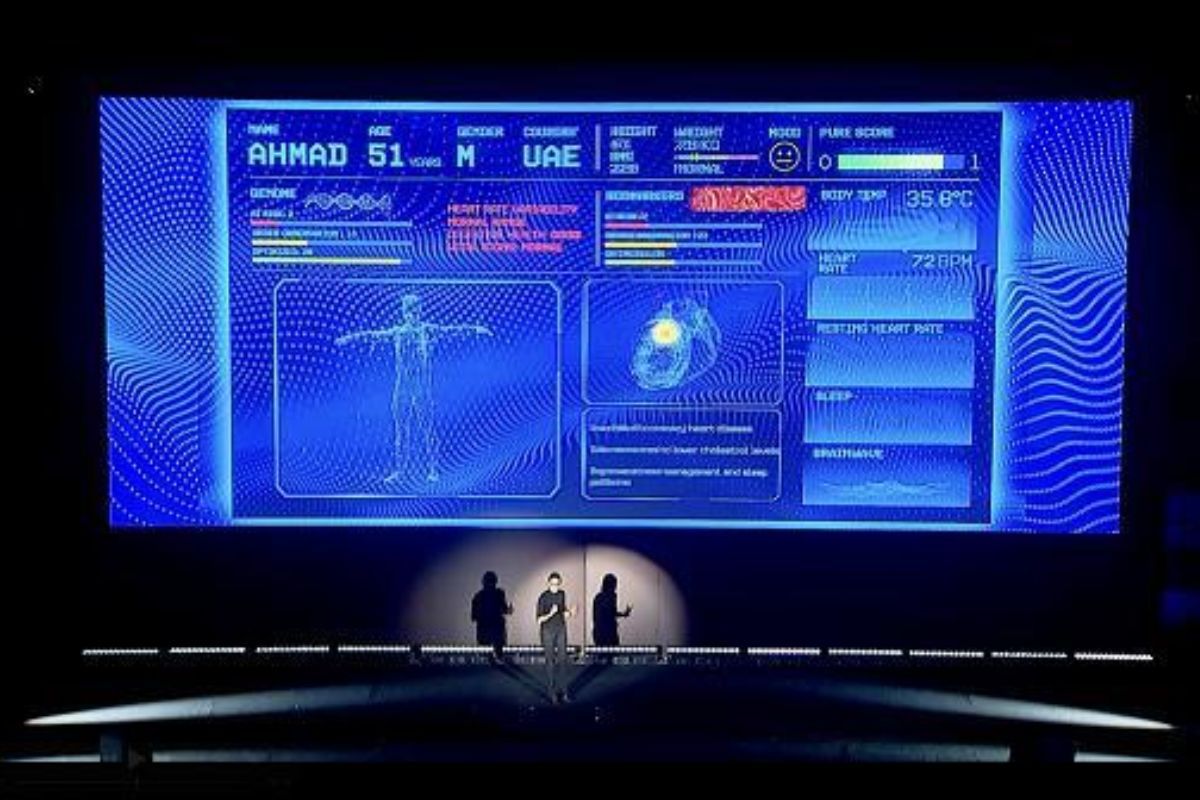Breast Cancer Awareness month may be over, but awareness is just as important now as it was in October. Read through the article to see all we've learnt about the disease through #Pinktober, from history, risk factors to diagnosis and how to get diagnosed in Dubai.
What is cancer?
The word Cancer stems from the Greek root word Carcinos and Carcinoma (non-ulcer forming and ulcer-forming tumours), meaning crab. The term was coined by Greek physician Hippocrates, the father of medicine, as the arm-like appendages spread by cancerous tumours resembled crabs.
The beginning of cancer lies in a very basic function of our body, cell division. When cells divide to form new cells, old ones die and are discarded to give way to newer, healthier cells. Cancer is caused by the inability of the body to discard old cells during cell production.
Although cancer may spread to different parts of a person's body, it’s recognized by the part of the body it first originated from. An immunohistochemistry (IHC) test is often used to determine where cancer originated in the body. Knowing the primary site of the cancer is essential to determine how to proceed with the patient's treatment plan.
What is Breast Cancer?

Breast cancer is cancer that starts in a person’s breast. It is the most common form of cancer found in women, however, men are susceptible to breast cancer too.
While over 50% (approximately) of Breast Cancer cases are diagnosed in women over the age of 40, the youngest person it has been detected in was 2 years old.
The following risk factors increase an individual's susceptibility to having breast cancer; obesity, substance abuse, exposure to radiation, family history, and reproductive health (age of onset of menstruation). Individuals with certain gene mutations, such as BRCA1 and BRCA2, are also at a higher risk.
What is a cancer gene?
You might often hear words like BRCA, pronounced 'Braca', being thrown around, but what do they mean and why are they relevant?
BRCA1 BReast CAncer susceptibility gene 1 and BRCA 2 BReast CAncer susceptibility gene 2 are genes present in every individual. They are often associated with cancer, as when there is a mutation in these two genes, this increases the risk of Breast Cancer and Ovarian Cancer.
What is a mutation?
A mutation is a change in the way your cells function. While mutations can have both positive impacts, such as resistance to diseases, and negative impacts, a BRCA mutation often increases your risk for breast cancer.
The BRCA genes are known as ‘tumour suppressors' that keep unwanted cell growth at bay and control cell growth and division. However, when there is a mutation, this can sometimes mean that the genes cannot monitor cell division and growth, leading to an increased possibility of developing cancer.
These genes are hereditary and are passed on by the parent. However, since one copy of a gene from each parent makes up a cell, if one parent has a mutated gene and the other has a normal gene, the likelihood of cancer is reduced as long as the copy of the normal gene continues to function normally. However, if the copy of the normal BRCA gene mutates, later on, there is a likelihood of cancer developing within the part where the mutation took place, following which it may spread.
A BRCA1 mutation can also increase the risk of cervical, uterine, and colon cancer, while BRCA2 can increase the likelihood of stomach, gallbladder, and bile duct cancer, plus melanoma.
Risk factors
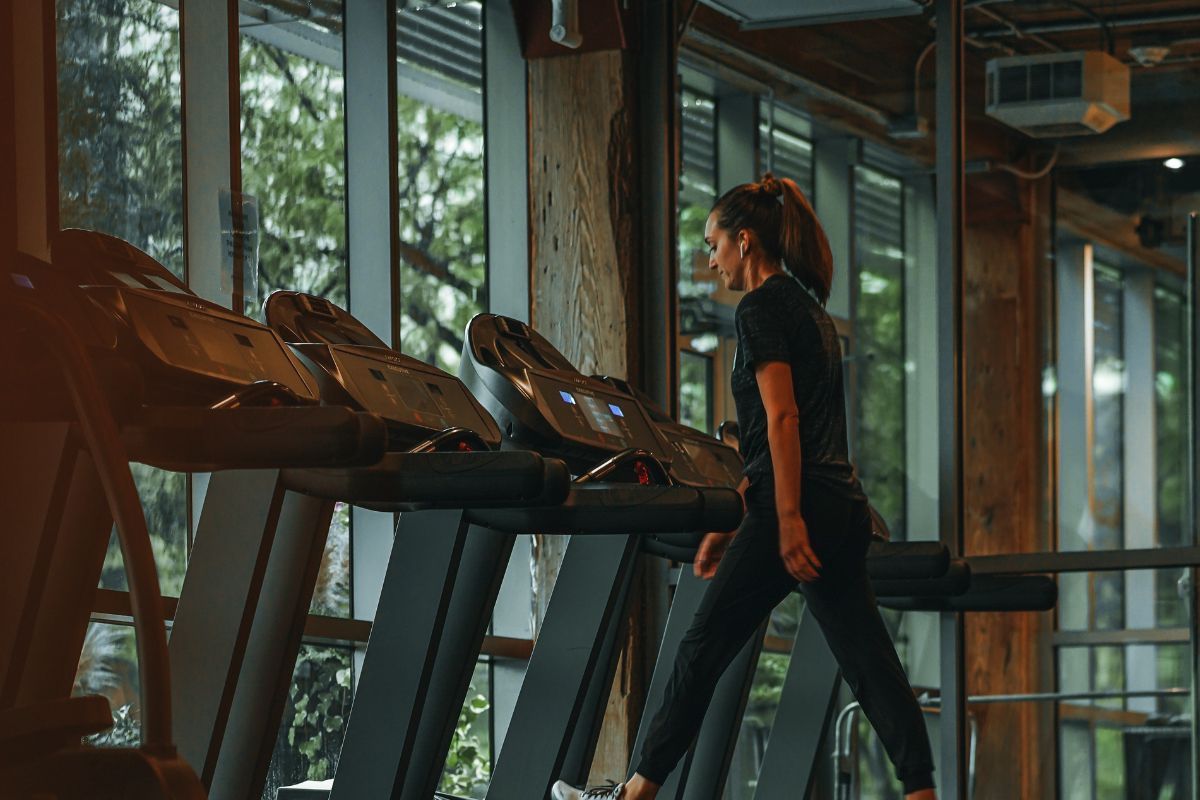
Risk factors are known as the variables or things associated with an increased chance of developing cancer. While some risks can be mitigated by a change in lifestyle, there are some risk factors that are natural and cannot be changed.
Risk factors you cannot change
Some risk factors you cannot change include being a woman, your age and race, family history and genetics, having dense breast tissue, certain medically necessary exposure to radiation, natural hormone levels (oestrogen, progesterone, testosterone), never having a full-term pregnancy, etc.
Risk Factors you can change
While one may not have control over a variety of breast cancer-causing variables, a change in lifestyle can help mitigate the following risks.
Lack of physical activity and consumption of a diet high in saturated fats increases the susceptibility to cancer. Alcohol consumption, obesity and Combined Hormone Replacement Therapy are also other risk factors that can be worked around.
Signs and Symptoms
While it’s best to consult your healthcare provider in case of any doubts relating to symptoms of the cancer, these are a few changes to look out for:
Consult a doctor if you see any of the following signs in your breast:
- A lump
- Swelling
- Irritation or dimpling
- Pain
- Change in shape or size
- Pain in the nipple area
For more information, read here.
Tests to screen for Breast Cancer
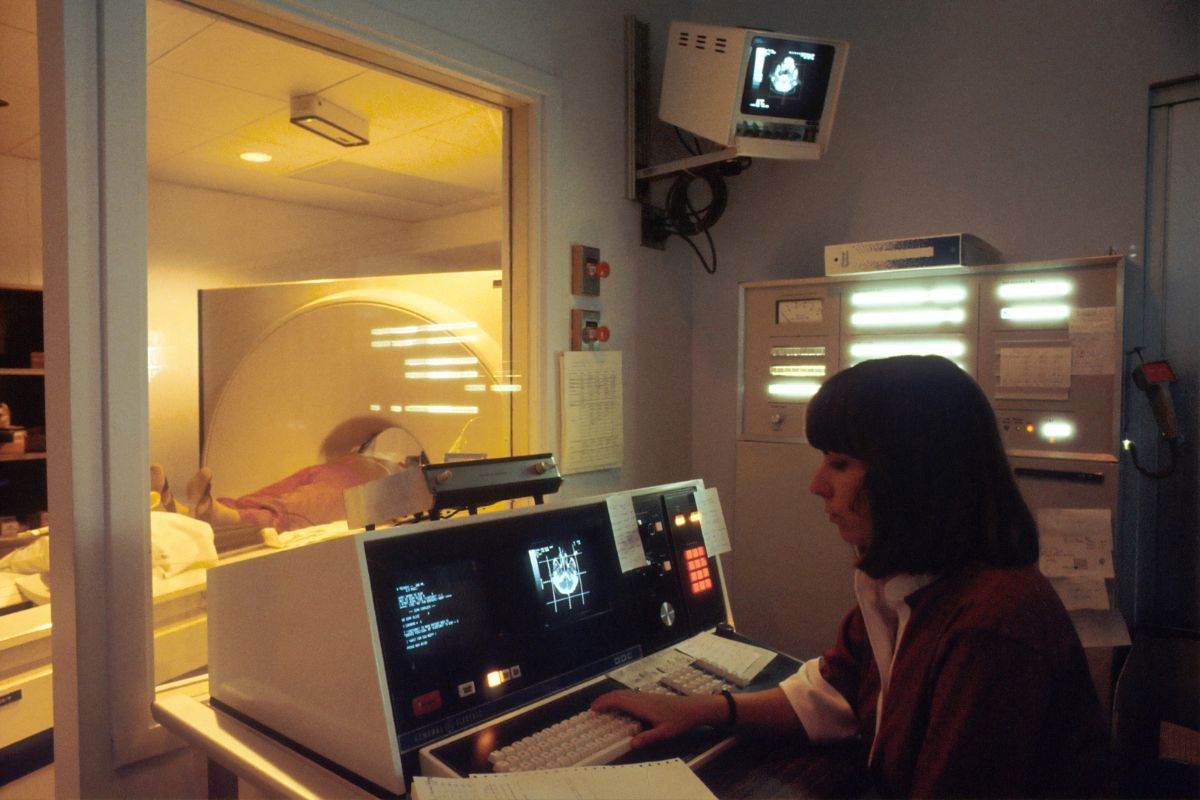
1. Mammogram
Although similar to x-rays, Mammograms are carried out by machines that utilise low energy x-rays to scan for any abnormalities within the breast tissue. Mammograms can often pick up signs of breast cancer even when there are no external symptoms; however, they may not always be able to detect cancer as cancerous tissues can mimic healthy tissues. It is recommended for women to undergo an annual mammogram after the age of 40.
2. Breast Ultrasounds
A breast ultrasound helps in differentiating fluid-filled cysts that are unlikely to be cancerous from solid masses that might need further investigation to determine whether they are cancerous or not.
This test offers more clarity, especially for individuals with dense breast tissue, which mammograms may not be fully able to explore.
3. Breast MRI
Breast MRIs are often conducted when results from mammograms and ultrasounds are inconclusive. They are often not recommended as the first method of screening as the results of the tests are sometimes found to be false positives.
4. Breast Biopsy
If symptoms or tests such as ultrasounds or mamograms point towards the presence of cancer, a biopsy is done to confirm it. In this procedure, a small part of the breast tissue is extracted to check for the presence of cancerous cells.
Does a lump always mean cancer?
No. A lump may just be a cyst or a swollen lymph node. However, it is important o consult your healthcare providers for a thorough examination.
Furthermore, there are three types of tumours.
- Benign: These tumours are not cancerous and can often be removed by doctors.
- Malignant: These tumours are cancerous and may spread. Treatment for these tumours differs according to individual cases.
- Premalignant: While these tumours are not presently cancerous, they have a probability of becoming so, in which case doctors recommend close monitoring of the lesions, minor surgery, or consumption of medication that slows it's development.
Breast Cancer screening in Dubai
1. King’s college hospital, Jumeirah
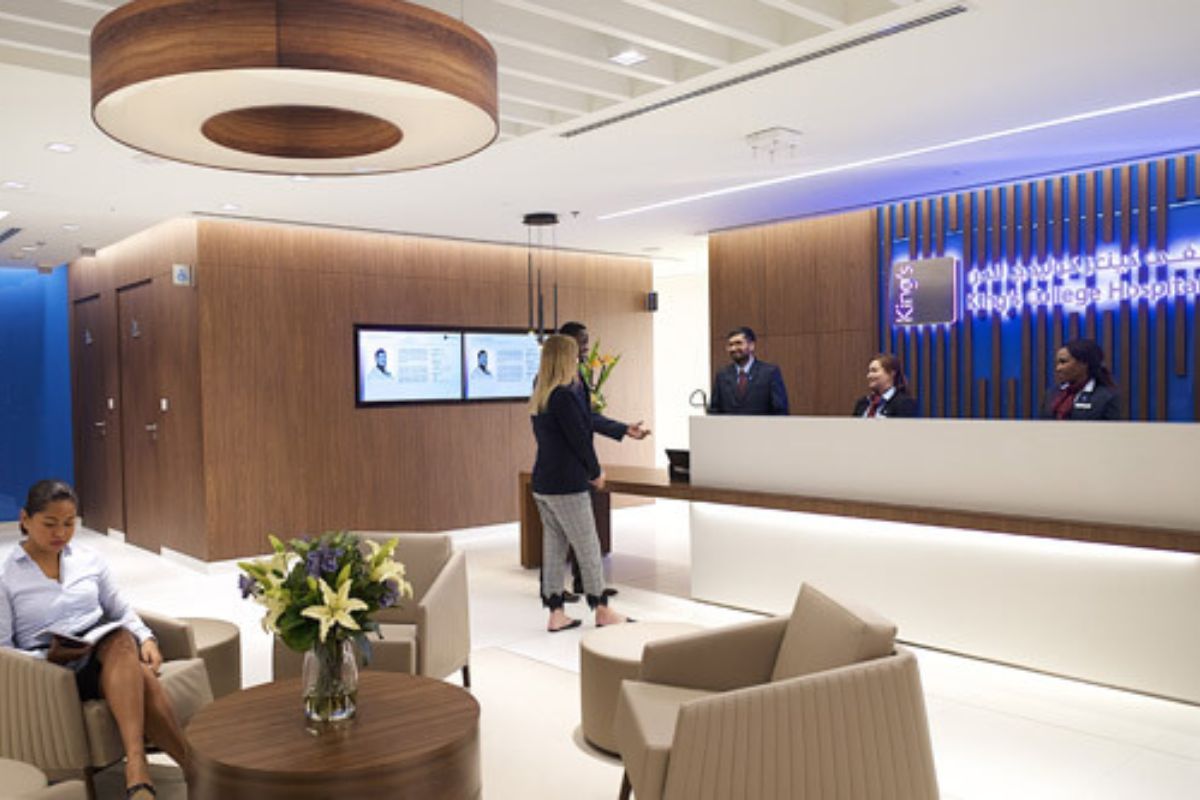
Contact: +971 4 378 9555
For more information, visit King’s College Hospital
2. American Hospital, Dubai
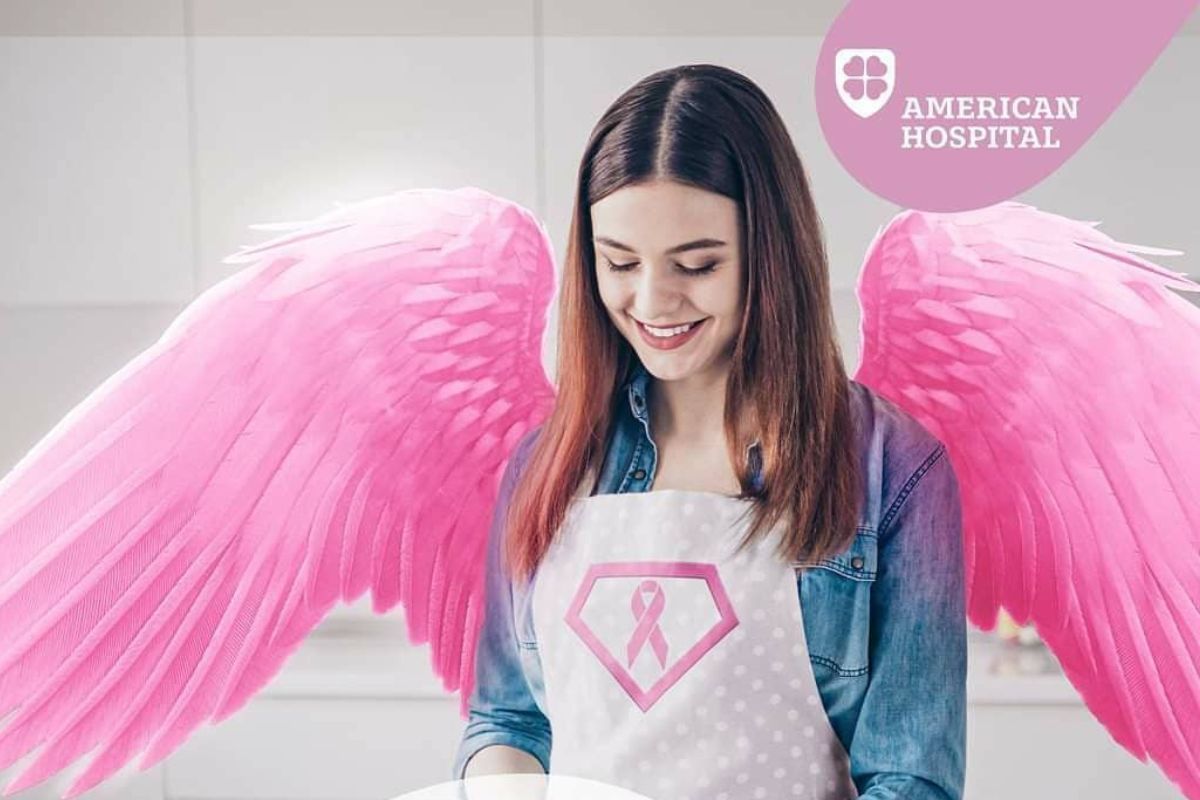
Contact: +971 4 377 5500
For more information, visit American Hospital Dubai
3. Mediclinic City Hospital, Dubai
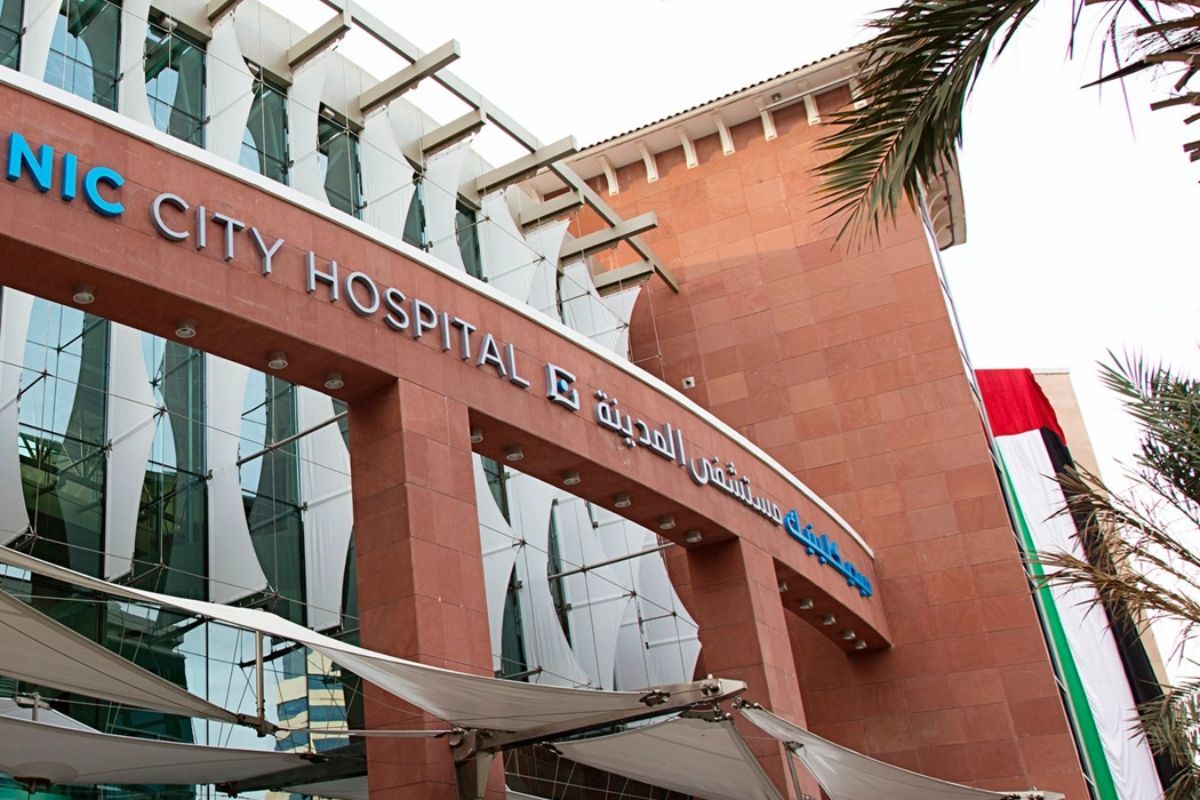
Contact: +971 800 1999
For more information, visit Mediclinic City Hospital
4. Al-Zahra Hospital, Dubai
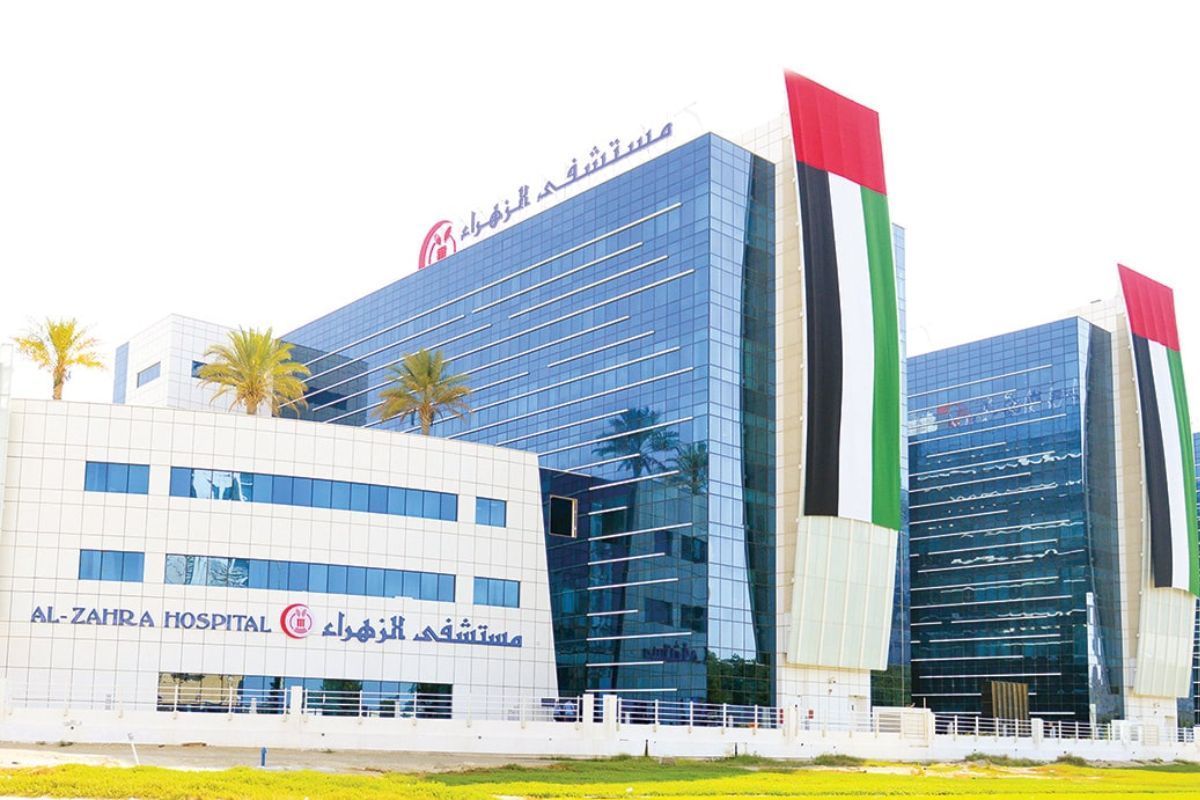
Contact: +971 4 378 6666
For more information, visit Al-Zahra Hospital
5. Saudi German Hospital, Dubai
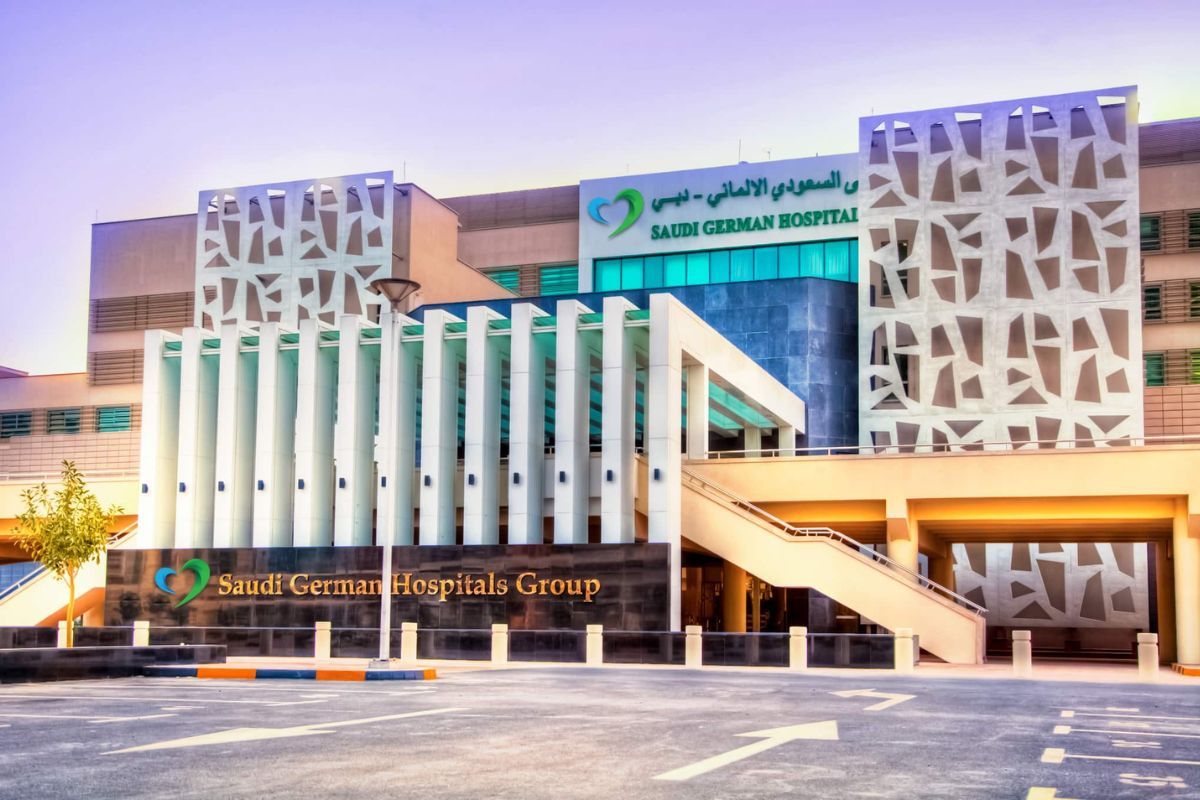
Contact: +971 800 22 11
Fore more information, visit Saudi German Hospital
Also read
